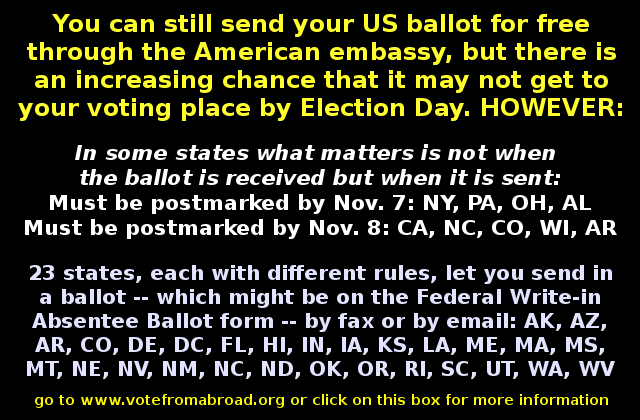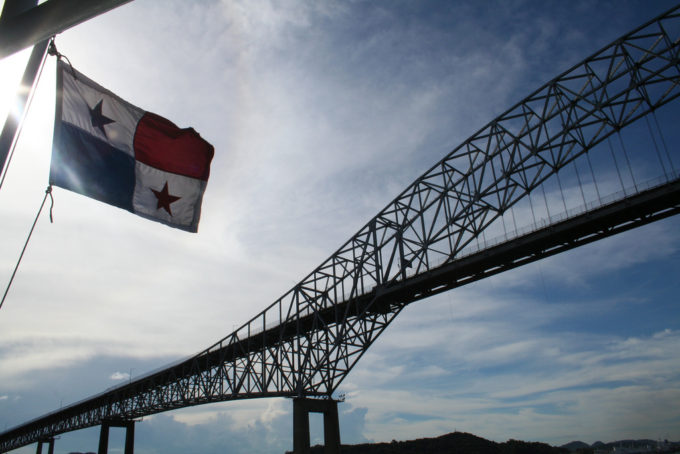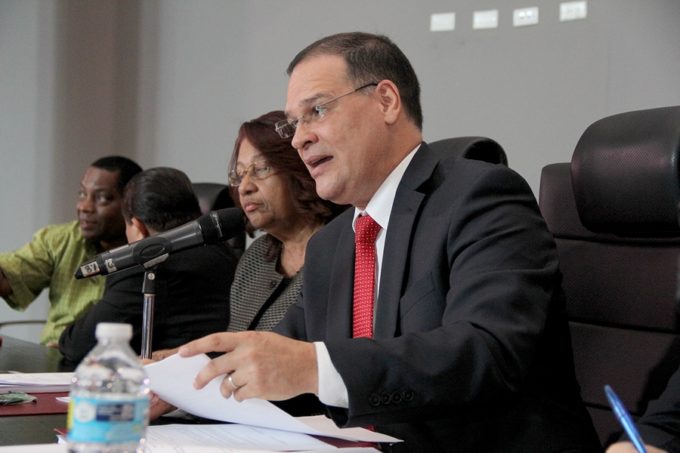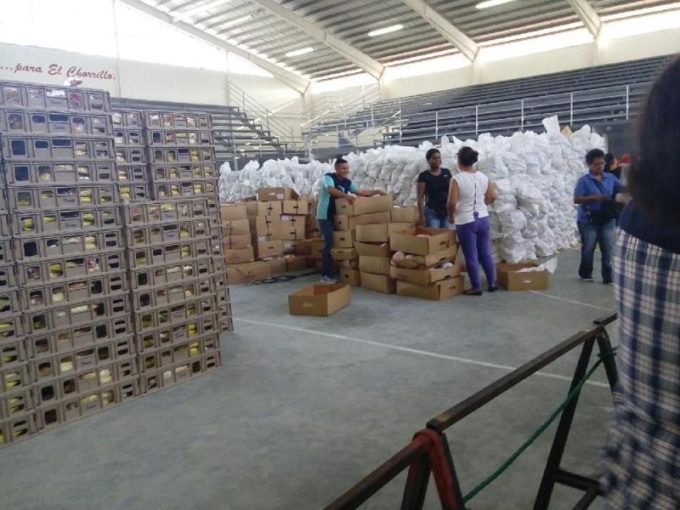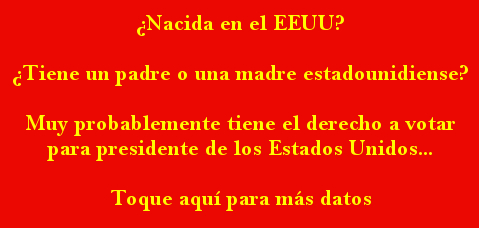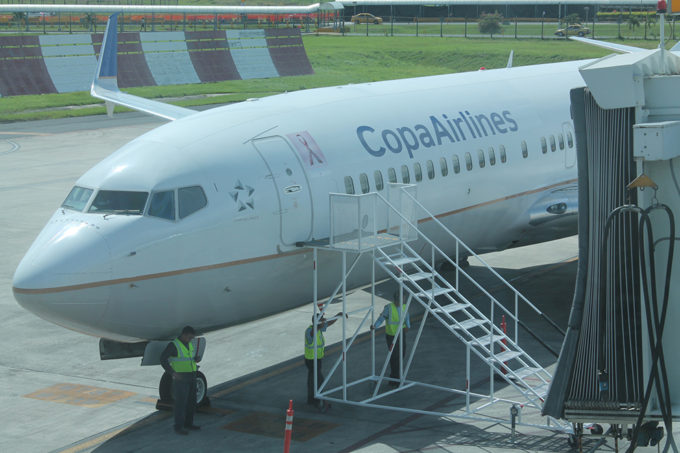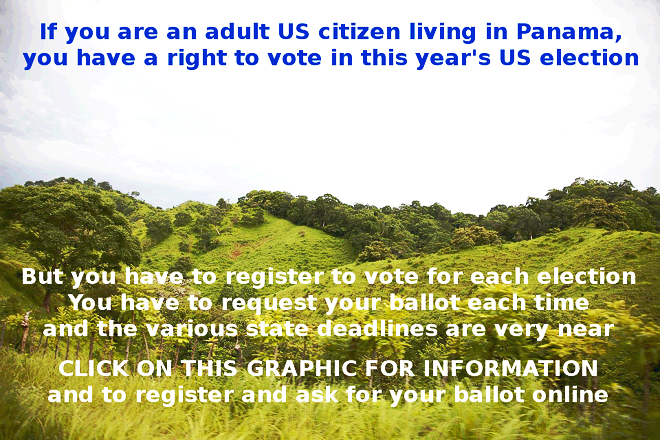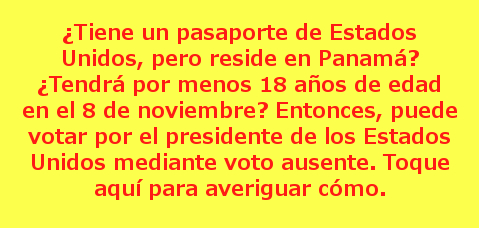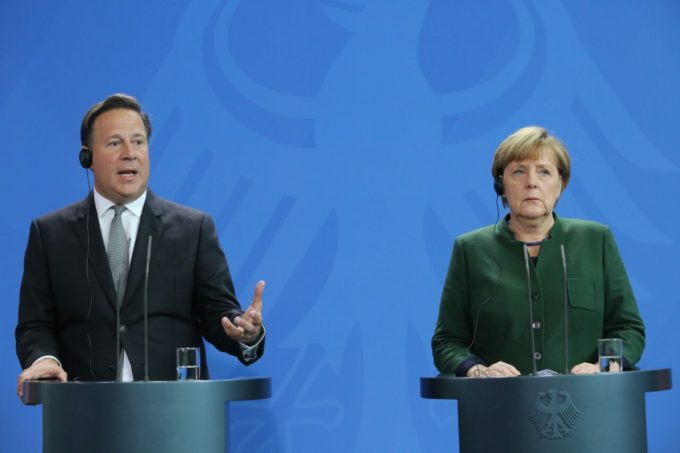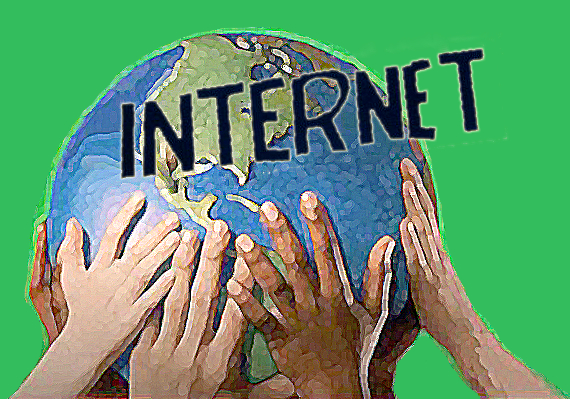
Why the Internet’s future needs social justice movements
1. Introduction
The Internet and the electronic networking revolution, like previous technological shifts, holds out the promise of a better and more equitable world for all. Yet it is increasingly evident that certain elites are capturing the benefits of these developments largely for themselves and consolidating their overall positions of control. Global corporations, often in partnership with governments, are framing and constructing this new society in their own interests, at the expense of what is required in the wider public interest.
Several core sectors in wealthy, developing, and less developed countries alike are already seeing major disruption and transformation: retail shopping by Amazon, media by Facebook, the hotel sector by AirBnB, taxis by Uber. And Google and Apple are well advanced in digitally valorizing and commodifying the minutest aspects of our personal and social lives. On the surface, many of the new services and delivery models seem benign, even positive, and indeed they do bring tangible benefits to some people and institutions, so much so that many are willing participants in relinquishing personal data and privacy.
However, deeper analysis reveals shifts below the radar, triggering more fundamental societal changes and generating new forms of inequality and a deepening of existing social divisions. Unchecked, these could be forerunners of digitally-enabled business models and institutional dynamics that seriously undermine rights hard-won by workers and citizens and that significantly erode welfare regimes and, ultimately, democratic institutions. Analytical rigor and engaged activism must be applied to critique these emerging social and business models and to develop appropriate alternatives that actively promote social justice.
This applies particularly to the internal transformation of sectors, enabled by micro data aggregation and analysis at a global level. “Big data” is thereby creating new paradigms across many areas — for instance the idea of “smart cities” is presented as the new model of data-based governance potentially supplanting political and democratic processes. Yet these changes — unlike those at the consumer level — are largely invisible. They are transforming the terms and conditions by which people are employed and work, the knowledge they have access to, basic economic power relations, and ultimately the rights to which people are entitled. The implementation of these paradigms can, and will, impact everyone as their influence spreads through social and economic sectors and enters the mainstream in all countries, and for all socio-economic classes.
Challenging these dynamics is vitally important, and urgent, in the fast moving formative period of a new social paradigm, where almost all industrial-era social institutions are being undermined by the transformative force of a networking and data revolution. It is now, at this ‘design phase,’ that the engagement of progressive social movements will be most fruitful.
Yet while the dominant actors are densely networked and well on their way to shaping the digital society in their interests, progressive forces are only at the early stages of defining the contours of the issues and identifying the problems, usually around one specific issue; very little progress has been made in networking, developing appropriate collaborations and alternatives, strategizing and moving into action at a broader level.
The Internet Social Forum (ISF), through its various events and actions, will offer a response to this based on the real struggles of those fighting for social justice. It will build a dynamic and productive space for dialogue and action across different social sectors and interest groups that can raise awareness, inform, educate, and mobilize global civil society to bring about political change. From this space we will actively seek out and implement concrete and coherent alternatives. These will guide and energize the emerging innovative social movements, and lead toward a more sustainable development path that reinforces human rights and social justice outcomes.
The idea of launching an ISF first took root as a legacy of civil society’s accomplishments during the two UN World Summits on the Information Society (WSIS) in 2003 and 2005. However, with hindsight, ISF collective members now perceive that the vision and scope emerging from these were focused too narrowly on concerns about the Internet and ICTs and not enough on how these could and now are transforming cultural, political, social and economic life. As a Thematic Forum of the World Social Forum, and in pursuit of its principles, the ISF takes inspiration from its maxim: “Another world is possible” in this domain too.
The ISF process is still in its early days, but the ideological machines advancing a new normal are already moving into high gear. Utopian futures are being sold to the public: a world of free services and growing convenience and leisure. Such futures must be radically critiqued and exposed for what they are — the latest wave of technology-enabled capital accumulation. This wave is particularly dangerous given the transformational potential of these technological changes and their timing during an era in which neo-liberalism — despite being debunked in theory and practice — still firmly drives the global agenda.
As the challenge to much wider societal issues grows, and the dangers of undermining hard-won gains in social justice across sectors (health, education, environment, gender equality, economic development, etc.) become very real, the ISF facilitating group calls upon social justice movements around the world, as well as other concerned individuals and organizations, to engage with the ISF process.
2. Disturbing global trends
Global society is now on the brink of a profound shift, driven by the rapidly emerging dominance of a new breed of transnational and neo-liberal corporate entity, equipped with a persuasive rationale for why private industry should not only play a part in but also lead in solving many of society’s most severe and urgent problems. Concerns over how the evolution of the Internet is impacting the social and economic environment, including the new areas of risk such as data mining and surveillance, pale into insignificance against the alarming possibilities that open up as this new big data driven paradigm enters the fabric and formative structuring of mainstream economy, society, and culture.
The first generation of transnational Internet and social media corporations stand accused, with some justification, of weakening collective identity, eroding any sense of privacy, and diminishing citizen or even consumer capacity for action. Other corporate players, from agro-chemicals to hospitality, many of them new, as they move to networking and data-centered business models, are poised to fully exploit this “new normal,” transforming one social and economic sector after another into machines for profit generation, very often at the expense of public services and spaces, and of rights and freedoms won over many generations.
Moreover, computer algorithms/artificial intelligence increasingly become a part, not only of surveillance, but also of policing, credit provision, education, employment, healthcare and many other areas, including in the public sector. There is a thus a growing risk of inheriting and entrenching the bias of data collected by institutions leading to a deepening of racist, sexist, ethnic, social class or age discrimination.
Social justice activists and movements everywhere must be concerned with these hugely significant issues and developments. Through concerted action, social justice activists are also essential to stemming the tide of these troubling trends and to developing alternative perspectives and options.
In the global context, current internet governance structures are largely under the control of corporations and their friends in major governments. Such strategic partnerships seek to remold global governance structures to align more with corporate interests and the interests of capital than with the broader public interest, even while appearing to include all ‘stakeholders’ as partners in decision making. Ultimately it is, at least in effect, part of a broader implicit agenda intent on replacing existing democratic global governance structures, however flawed, with even more opaque and ‘top-down’ governance by corporations. This would render national governments, even where they genuinely represent the public interest, and ‘bottom-up,’ participative, democratic processes, ever more redundant against corporate forces.
In essence, we are witnessing an assault, slowly but inexorably gaining momentum, on numerous fronts, but most importantly on the very idea of social justice. Its outcome, if successful, would be to dramatically reduce the significance of participatory democratic structures as core and legitimate goals for society.
To fully grasp the risks involved with these disturbing trends, to strategically build opposition to them, and to design and build effective alternatives, we need to initiate and sustain deep exploration of these dynamics coordinated around long-term engagement in actions focused on systemic change.
3. Building alternatives, together, through the ISF
Strategically interconnected neo-liberal interests across the globe are intent on capturing forever the power of these technologies to further their dominance. The alternative is not just to slow down, or even halt, this process, but to reclaim these technologies so that they promote and advance social justice.
Although the digital is connected to social justice through its impact in specific sectors — governance and democracy, education, health, labor rights, public services including welfare, gender equality, environment, and so on — it cannot be understood and addressed from within each sector in isolation. In addition to a sector-specific understanding and response, it is important to address the phenomenon as a meta-level or infrastructural element as it envelops new and emerging social structures and dynamics as a whole. Most sectoral response has focused on practical applications (or, at best, specific adverse impacts) of the digital phenomenon, and not its structural constructs and directions, which in any case are difficult to articulate and address from within any one sector. Yet in its very form and the nature of its impact, the digital revolution calls for a holistic, cross-sectoral response.
A space is needed that facilitates and nurtures social-justice oriented reflective learning and action on what all this means, and how best to address it. This is why the ISF seeks to engage with those already involved in social justice struggles across a whole range of issues and sectors.
Thorough analysis and critique as well as positive intervention experiences will reveal insights into how these same technologies can be turned towards social justice and democracy ends.
Among questions to be addressed are:
- What does social justice mean in the context of digitally induced transformations across issues and sectors (environment, public safety, education, transportation, public health, national security, immigration, etc.)?
- How are these digital trends already impacting social justice movements around the globe?
- How can the new business practices that dominate the digital age be effectively analyzed, critiqued, and influenced?
- What are the implications of these trends for global governance of the Internet, and for governance structures more broadly — as also for governance and democracy, generally?
The ISF collective would discover, document, and support promising alternatives such as the following, illustrative, list:
- Ways in which the world of Internet, “big data” and “artificial intelligence” can work for the social good, and the governance structures needed to achieve that.
- Civil society and social movement media that can be used to educate, inform, and engage local to global responses and activities.
- Community-owned technology systems that serve as alternatives to government or corporate controlled digital infrastructures.
- Commoning projects around the world (open source, open knowledge, etc.) and the solidarity economy movement.
- Internet tools to support social justice movements, and how to link with Internet activists to build these.
- Examples of effective stakeholder activism (for instance advances in Internet and privacy rights, movements that promote net neutrality or oppose zero-rating, social-justice oriented shareholder activism across industry sectors).
- Fighting surveillance by supporting security based on enhancing the fundamental rights of the end-user via strong encryption and privacy-enhancing technologies, rather than the cybersecurity discourse of corporations and governments.
- Examples of gender equity/women’s rights successes in ICT policymaking.
- Specific perspectives and approaches that young people can bring, growing up as ‘digital natives,’ as prime targets of digital corporate strategies, and as among the most articulate and creative builders of alternatives.
The Internet Social Forum collective encourages interested groups or persons to contact us by writing to: secretariat@internetsocialforum.net
~ ~ ~
These announcements are interactive. Click on them for more information.
